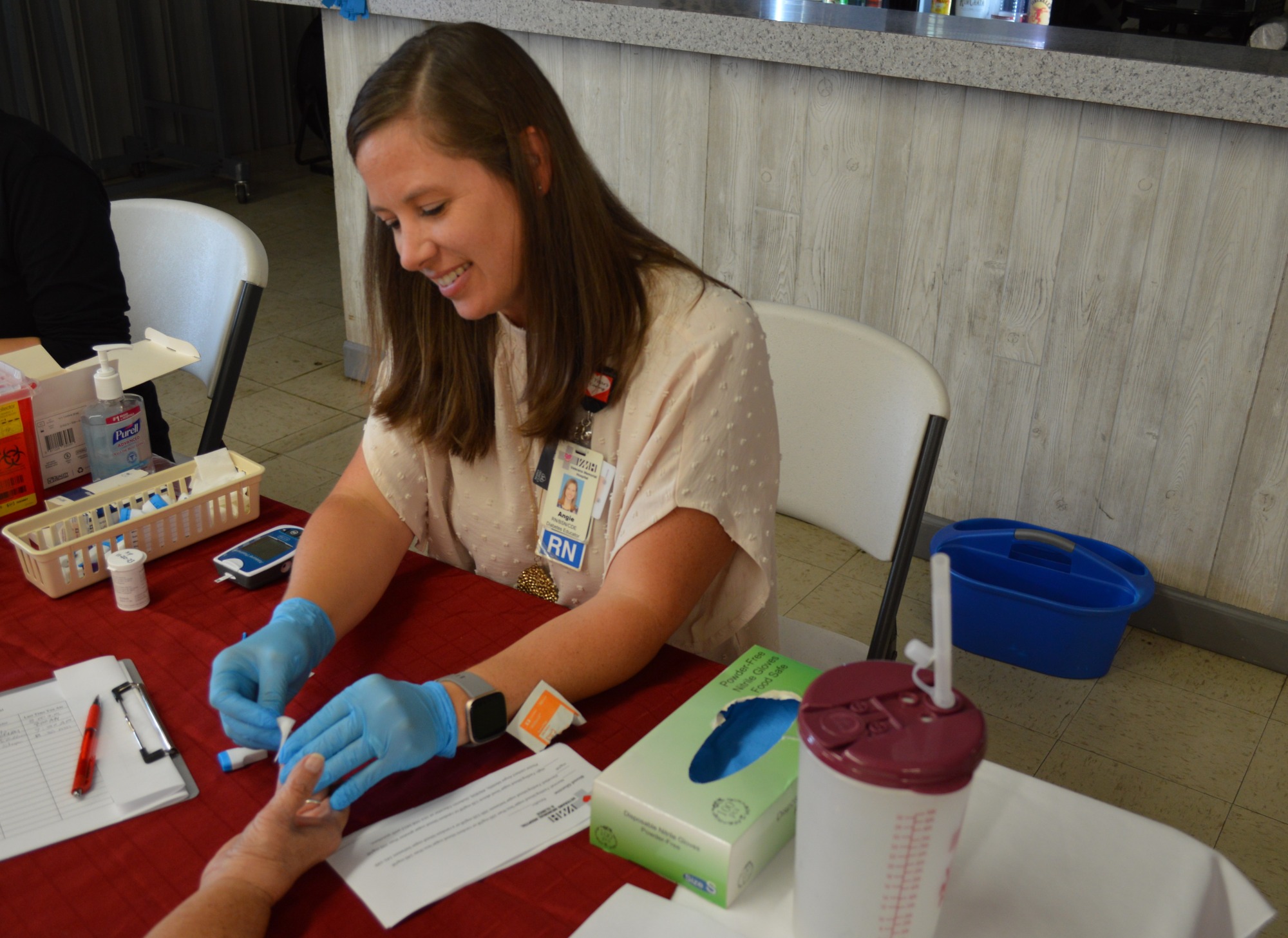Raising Awareness of Diabetes in November

November marks Diabetes Awareness Month, a time for communities across the nation to come together to raise awareness about diabetes, support those living with it, and encourage healthy lifestyles that can help prevent it.
According to the Centers for Disease Control and Prevention (CDC), more than 38 million Americans are living with diabetes, and an additional 97 million have prediabetes — a condition where blood sugar levels are higher than normal but not yet in the diabetes range. Many don’t even realize they’re at risk.
Each year, World Diabetes Day is observed on November 14, the birthday of Sir Frederick Banting, who helped discover insulin more than a century ago. Insulin has saved countless lives and has improved the quality of life of those living with Diabetes.
Diabetes is a condition that affects how the body turns food into energy. The body either doesn’t make enough insulin or can’t use it properly, leading to high blood sugar levels. Over time, uncontrolled diabetes can cause serious health problems, including heart disease, vision loss, and kidney damage.
There are two main types:
- Type 1 diabetes, usually diagnosed in childhood or young adulthood, occurs when the body stops producing insulin.
- Type 2 diabetes is more common and often develops later in life due to factors like family history, poor diet, or lack of physical activity.
Early detection of diabetes is key to preventing complications. Many people have diabetes for years before being diagnosed because symptoms can develop slowly.
According to the American Diabetes Association, common warning signs include:
- Increased thirst and frequent urination
- Extreme hunger
- Unexplained weight loss
- Fatigue
- Blurred Vision
- Slow-healing sores or frequent infections
- Tingling or numbness in hands or feet
If you or someone you know is experiencing several of these symptoms, it’s important to see a healthcare provider for a simple blood sugar test. Early diagnosis and proper care can help prevent serious complications and improve long-term health.
Simple lifestyle changes—such as eating more whole foods, staying active, and having regular checkups—can make a major difference. For those already living with diabetes, consistent monitoring and support can help prevent complications and improve quality of life.
By recognizing Diabetes Awareness Month, we are all reminded that awareness and early action are the first steps toward healthier communities.
For more information, please contact Angie Mettille, VMH Diabetes Coordinator, at 563-568-3411.

